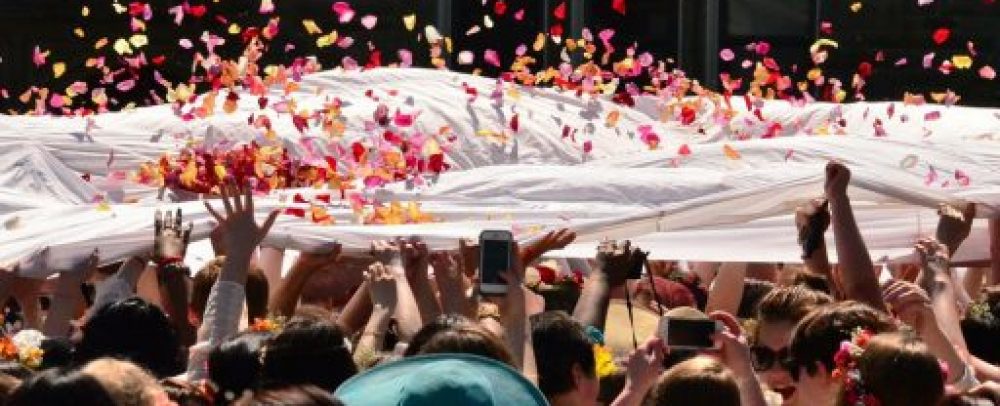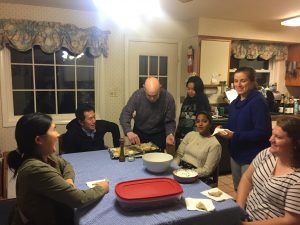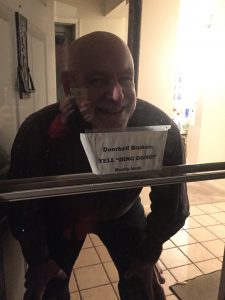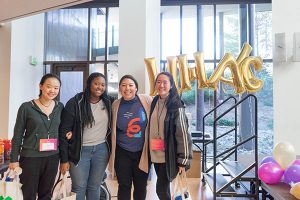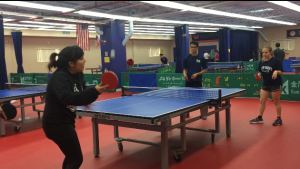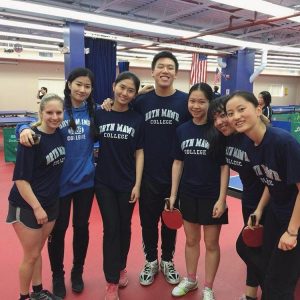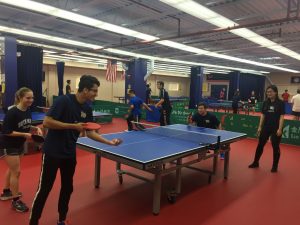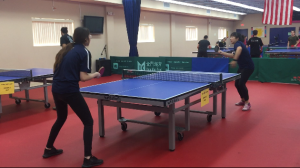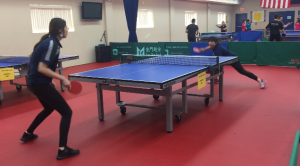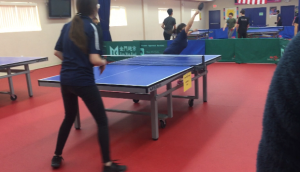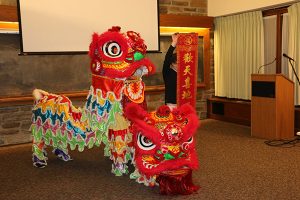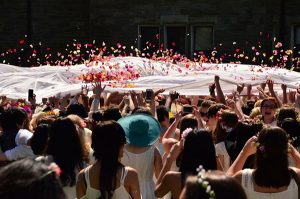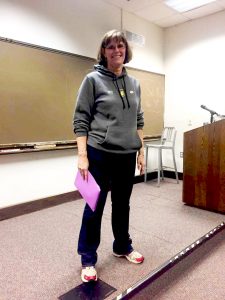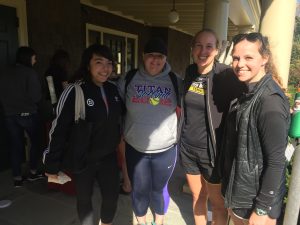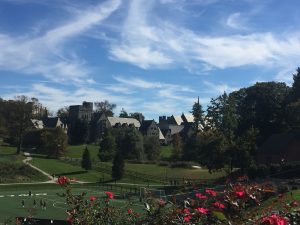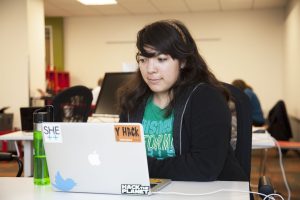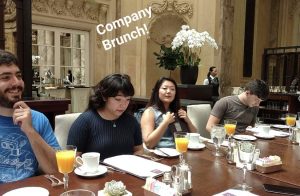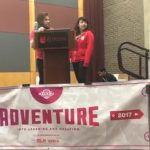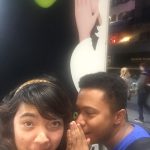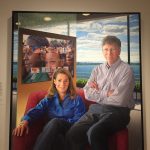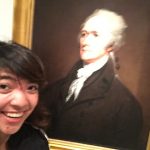My thesis will mostly take place next semester, but I’ve started planning it all out this semester. I found a thesis advisor, made an outline and schedule, and have started work on it. One reason I’m so excited to do this work is because I’m really interested in the project I’m making ([three web apps to teach people with Autism emotion recognition through still pictures, gifs with no sound, and then gifs or video with sound.] This is something I’m interested in because it’s a practical project involving lots of code [something I’ll use and do in the future] as well as testing and working with students with Autism [something I did in elementary and high school].)

Keep calm….
Here are some tips on how to get started on your thesis to make your life easier in the long run.
- Find something you’re interested in. This sounds simple, but I do know students who chose a topic because they wanted to work with a certain advisor, or they didn’t know what to do so they hastily chose. It’s important to do research ahead of time so you know options and so you have the time to find something you want to spend a lot of time on.
- Find an advisor who knows you and will support you. This was a tough one for me: not because there were no advisors who do this, but because most of the ones who were available to me had little to no background in what I wanted to do involving app development. I had to modify my original proposal and plan to fit, and found my advisor at Haverford. (this is a nice-to-have for Bi-Co students: we have more options for thesis advisors and research opportunities because we can major and go between schools.)
- Focus on what is necessary. To simplify my thesis, I decided what I absolutely need (in app development, that is sometimes called the minimum viable product, or MVP.) If I run out of time, the bare minimum I need to do what I need to do is in the MVP. Everything after that is secondary, extra, things that are nice-to-have.
- Write it down. Mapping out screens and saying, “This is what the first screen looks like, and it has a drop-down menu with the following options which will take you to these screens.” From those screens, I drew more arrows to more screens, showing the flow or order a user would see my different screens.
- Keep it organized with folders. I have a few folders on my laptop for my thesis, separating research (i.e. why do people with Autism focus on emotion recognition, other apps doing something similar, and more.) I have separate folders for each application, and keep my advisor updated with a shared Google Drive folder.

Organization is so important.
- Constantly iterate and adapt. My project has changed so much since I first found my advisor. We’ve talked about how best to achieve different goals, and how I can get the most learning out of this. The project has changed, but the goals haven’t.
- Keep the proposal broad. Do your research, and explain why these goals need to be achieved to solve a problem. How you solve that problem and achieve those goals should be kept fairly broad so you can change it if need be.
There’s a lot of possible thesis topics, but not much time to do them. You can do research or something more practical and hands-on, or you can combine them. More importantly, you can do something you’re interested in.
